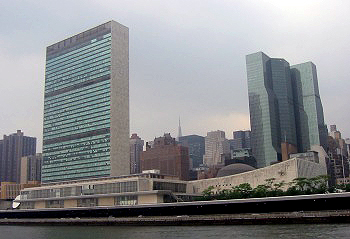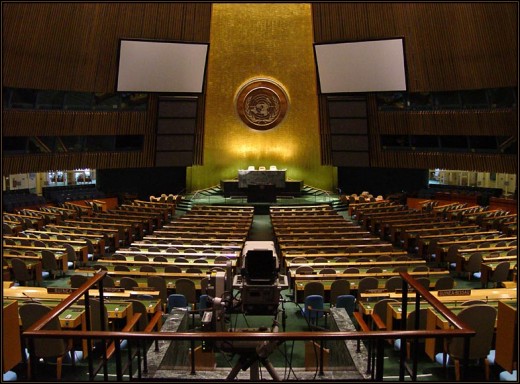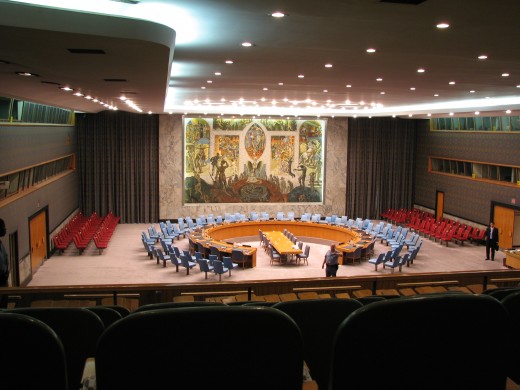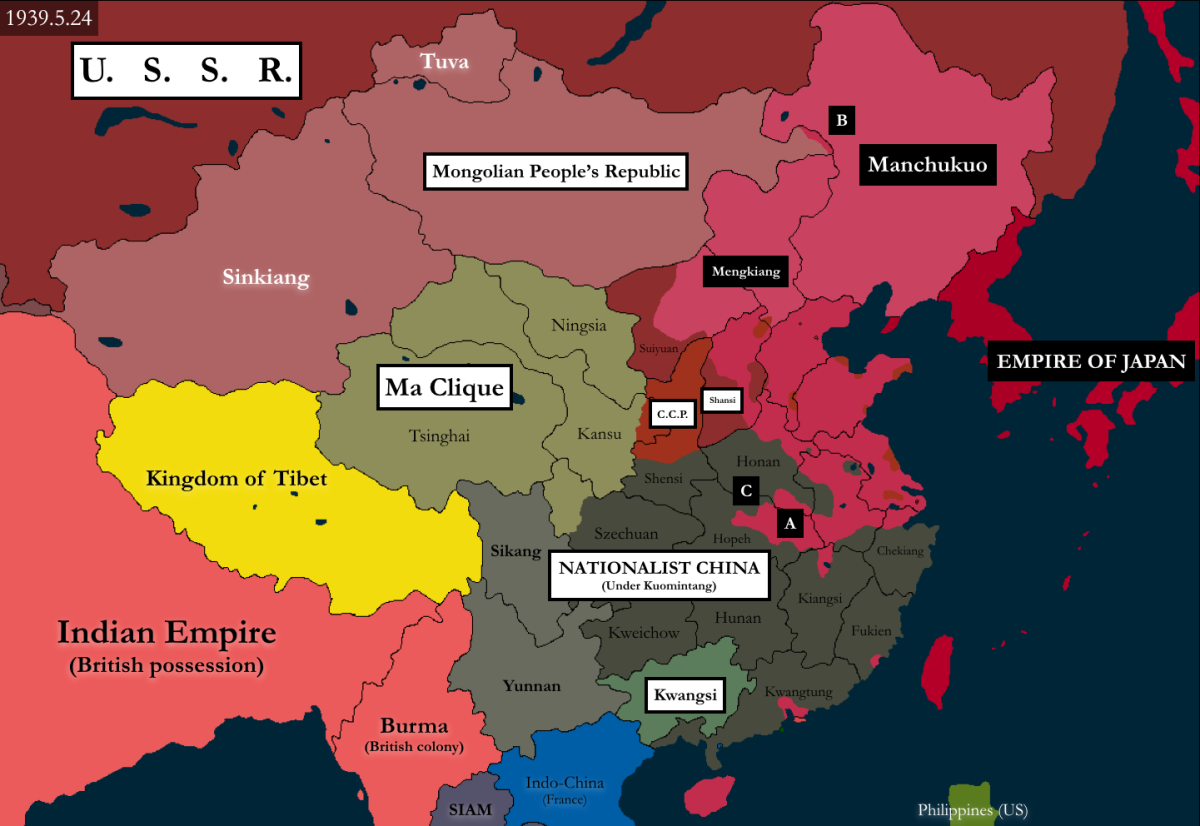Sovereignty and Standby: The 1964 Conference on UN Peacekeeping Forces An Article Review
John MacFarlane discussed in “Sovereignty and Standby: The 1964 Conference on UN Peacekeeping Forces” the desire of having resources earmarked for United Nations use and the issue of sovereignty that arose as the topic was discussed by more and more of UN members. Canada saw a chance and a need to improve the UN peacekeeping mobility by having resources prepared for action when the UN called for help. The result would be improved “training, reaction time to crises, coordination efficiency and financial stability.”
Success had been achieved in the few peacekeeping operations the organization and deployed, but the need for improvement could be seen. Canada wanted others to “consider the technical aspects of preparing and sending international forces to war zones.” In talking with several members of the UN, opposition arose seeing the move for a standby force as political and not motivated to solely help the UN peacekeeping forces. The conference had to be rethought and reorganized with the intent to “leave political issues of authorization, control and financing to the UN” in order for several countries including the Soviet Union to participate in.

An Indirect Role
Within the context of the conference, the UN had a very indirect role. The UN did not officially sanction the meeting. It did not sponsor or officially participate. The conference was set up and participated by members of the international organization. The UN’s role was more of the policies at the time and the actions the UN took after the conference based on the conclusions. The UN’s very existence was the role played within this scenario.
From the moment of the UN’s conception, the topic of sovereignty rose quickly to the lips of members and nonmembers alike. No nation wanted to lose itself to another organization. They did not want to sign over their power and ability to rule themselves to a world organization. That reminded many of horror stories both fiction and true. Yet, even the UN itself recognized the fact that the operations of the UN could be improved. There had to be ways to “improve how the international body responds to acts of aggression.” The path the organization was on was not one of future success. Many wondered if the UN would even survive as the Cold War revealed the limits of the UN and how ineffective it really could be.

UN Growth
The growth of the UN was a huge factor in the problems the organization faced in deploying peacekeeping operations. Any project manager knows that the more people involved in a project the more trouble there will be in planning and implementing said project. That was true when applied to the UN in the early years. In just ten years, the size of the UN had doubled.
The increase in members was also a reflection of the transition within the world that was causing many of the conflicts that called for the peacekeeping operations. Yet the UN was highly successful in the fact that it was “saving lives and preventing potential wars from escalating.”

Resolving Internal Problems
The fact that the UN was not taking initiatives to improve these live saving operations urged the nations to pull together and fix the problems themselves. It was noted and understood by the members that the UN could not keep its own permanent force as it was “not now feasible for political reasons.” Though this would not prevent the UN from listening to the recommendations of the conference and implement them which they did not. The UN noted how much of the peacekeeping operations could be “more efficient through standardization and better coordination” without having to sacrifice the political sovereignty that was much disputed.
There really was no alternative to the way the conference was held if the UN was to avoid stepping over the landmine filled sovereignty line that each country watched carefully. If the UN was to maintain a status of being an organization not run by any country or group of countries, it has to keep the call of resources at arm’s length while also being active in calling for resources. It is a fine line the organization walks.

Between Rock and Hard Place
The UN will never be able to successfully control peacekeeping operations without crossing that line. If it is to maintain its role as an organization run by all countries that are members, it cannot be one to run their resources that are in fact loaned to the international organization for the purpose of keeping peace and saving lives.
As long as each member is donating and volunteering, the UN can never be one to call for and have control over the resources. It can only ask and cajole.
Bibliography
MacFarlane, John. “Sovereignty and Standby: The 1964 Conference on Un Peacekeeping Forces.” International Peacekeeping. Vol 14, No 5. November 2007. https://edge.apus.edu/access/content/group/159290/Literature%20Review%20Materials/Standby.pdf.



